Mental Health Disorders and Substance Use
Mental health conditions often accompany substance use or addiction. It’s not always possible to know which condition came first. In some cases, a person experiencing addiction may begin to suffer from depression, anxiety, or personality disorders. In other cases, a person may turn to addictive substances to gain relief from bothersome symptoms associated with pre-existing mental health conditions. Treatment must address both issues as being of equal significance, regardless of which one came first.
Common Types of Mental Health Disorders
While there are numerous mental health disorders known today, some are more likely to be found in those with addictions. Co-occurring disorders that can associate with addiction or substance use are as follows:
Depressive Disorders
Depressive disorders can range from mild to severe. The hallmark signs of these mental health conditions are typically depression, social isolation, an increased need for sleep, and similar patterns of behavior. Ongoing depression can severely impact all aspects of a person’s life.
Anxiety Disorders
There are also a variety of anxiety disorders that remain common. People suffering from these conditions face repeated bouts of overwhelming anxiety, fear, and panic attacks. Anxiety disorders can be crippling and can last for a long time.
Personality Disorders
Personality disorders encompass a range of conditions affecting how a person interacts with his immediate environment. A person struggling with these types of conditions may face constant mood swings, dangerous aggression, suicidal thoughts, or other risky behaviors.
Identifying Substance Use
For successful treatment for co-occurring disorders to take place, you must first recognize that a problem exists. Consider the following signs that often accompany both addiction and mental health conditions.
Secretive Actions
Those facing addiction often try to hide their behavior from others. From hiding drug materials to concealing new friends, the individual will share little to nothing about their life.
Personality Changes
Changes in personality are common among those experiencing both mental health conditions and addiction issues. These changes can sometimes be extreme and last for long periods of time.
Changes in Physical Appearance
Those experiencing substance use or addiction may display physical changes in their appearance. For example, they might lose weight, develop bumps on their skin, or stop keeping up with personal hygiene.
Financial or Legal Concerns
Financial and legal problems are common among those struggling with addiction. Addictive substances can cost a lot of money, especially when they remain in use for a long time. Additionally, a lack of clear judgment may cause these individuals to get into legal trouble.
About Red Oak Recovery®
Red Oak Recovery® is a professional rehab treatment center serving the Asheville, NC area. By using a unique hybrid program, Red Oak Recovery® provides efficient treatment protocols that cover experiential, clinical, and organic therapeutic approaches. Programs for those experiencing trauma or a dual-diagnosis are also available, allowing Red Oak Recovery® to meet the individual needs of each person effectively. Don’t let addiction keep you from living a happy and fulfilling life. You can overcome addiction and mental health conditions by seeking quality treatment. Contact Red Oak Recovery® at 866-457-7590 to find out how we can help you experience a full recovery and a happy existence.








